Innovative 3D House Rendering Solutions Set to Transform Real Estate at 2025 China Import and Export Fair
As the world of real estate continues to evolve, innovative technologies are paving the way for transformative solutions that enhance the buying and selling experience. At the forefront of these advancements is
"3D House Rendering," a cutting-edge approach that allows potential buyers to visualize properties in stunning detail before they are constructed.
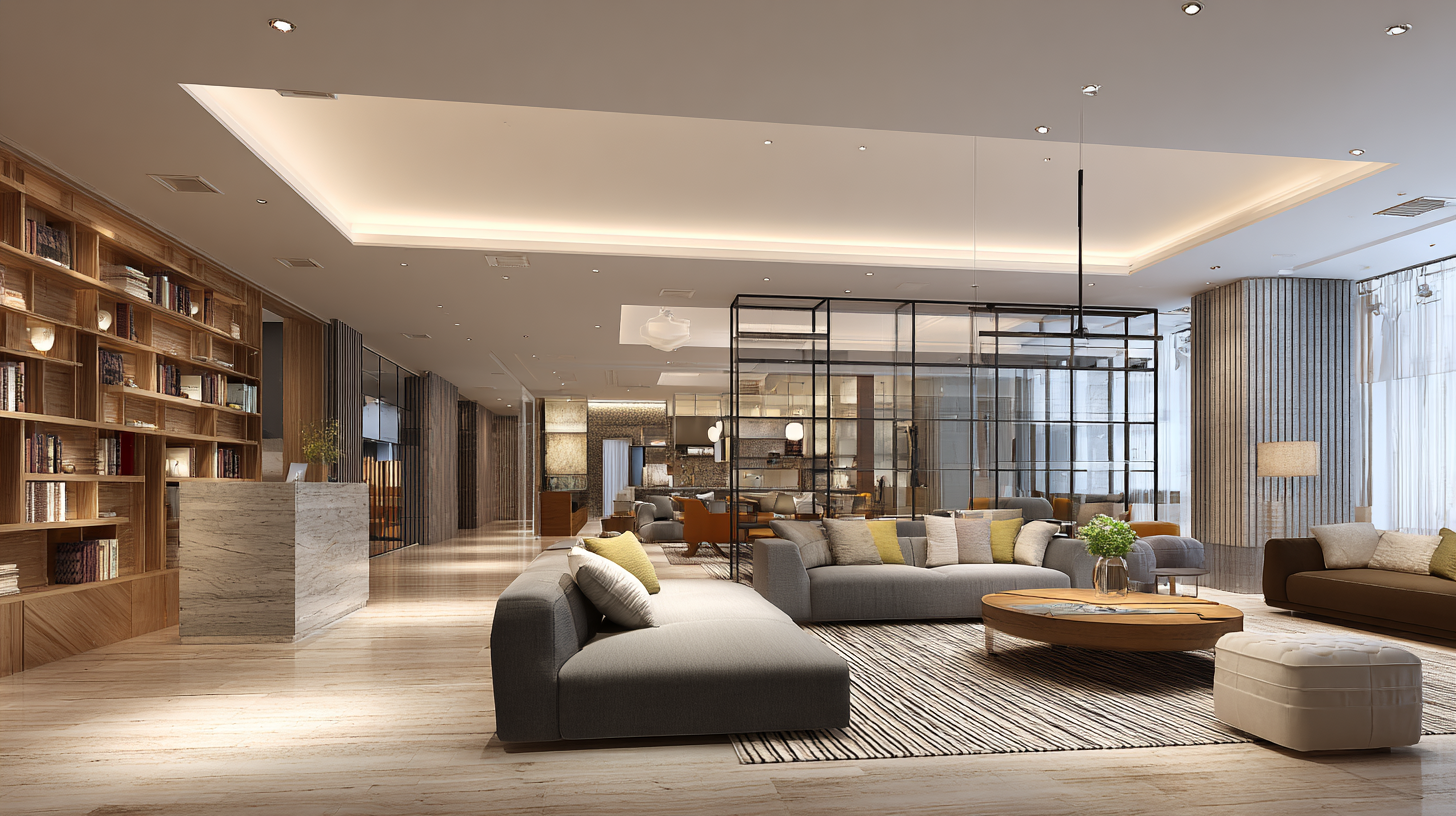 The upcoming 2025 China Import and Export Fair, also known as the 138th Canton Fair, serves as a pivotal platform for showcasing these revolutionary rendering technologies to a global audience.
By harnessing the power of 3D visualization, real estate professionals can provide immersive experiences that captivate buyers, streamline decision-making, and ultimately drive sales.
With the fair set to be a hotspot for innovation, the impact of 3D House Rendering on the real estate landscape is poised to be profound, marking a new era where imagination meets reality in property marketing.
The upcoming 2025 China Import and Export Fair, also known as the 138th Canton Fair, serves as a pivotal platform for showcasing these revolutionary rendering technologies to a global audience.
By harnessing the power of 3D visualization, real estate professionals can provide immersive experiences that captivate buyers, streamline decision-making, and ultimately drive sales.
With the fair set to be a hotspot for innovation, the impact of 3D House Rendering on the real estate landscape is poised to be profound, marking a new era where imagination meets reality in property marketing.
Innovative 3D Rendering Technologies Revolutionizing Real Estate Marketing
The landscape of real estate marketing is on the brink of a revolutionary shift, thanks to innovative 3D rendering technologies. These advancements not only enhance visual appeal but also create immersive experiences that allow potential buyers to envision their future homes like never before. With the integration of realistic textures, lighting, and landscaping, clients can take virtual tours from the comfort of their own homes, making the decision-making process much more engaging and informed.
Tips for Effective 3D Rendering in Real Estate:
Consider focusing on key selling points of a property, such as unique architectural features or modern amenities. Make sure to use high-quality visuals that highlight the space's potential and allow for easy customization requests from viewers. Additionally, incorporating augmented reality (AR) can provide an interactive element, making the experience even more enticing for potential buyers.
As we look forward to the 2025 China Import and Export Fair, the potential of 3D house rendering solutions is clear. These technologies not only streamline the marketing process but also foster deeper connections between buyers and properties, paving the way for smarter, more informed real estate transactions.
Key Benefits of 3D House Renderings for Property Buyers and Investors
As the real estate market evolves, 3D house renderings are poised to become indispensable tools for property buyers and investors. These innovative visualizations provide a highly detailed, photorealistic view of properties before they are built or renovated, allowing potential buyers to grasp spatial dimensions, design features, and overall aesthetics. This technological advancement not only addresses the traditional limitations of static images but also enhances the decision-making process by giving clients an immersive experience, simulating what it’s like to walk through a home.
Moreover, the benefits of 3D renderings extend beyond aesthetics; they significantly streamline communication between buyers, sellers, and builders. Investors can visualize potential changes and upgrades, helping them to assess the value and marketability of pre-construction homes. In this way, 3D house renderings serve as a critical asset in the competitive real estate landscape, ultimately fostering informed decisions while enhancing the overall marketing strategy for properties. The integration of virtual tours further amplifies these advantages, enabling an accessible exploration of listings from anywhere, making it a game-changer in modern property marketing.
Showcasing Virtual Reality in Real Estate at the 2025 China Import and Export Fair
The 2025 China Import and Export Fair is set to be a groundbreaking event for the real estate industry, especially with the introduction of innovative 3D house rendering solutions. One of the most exciting features will be the integration of virtual reality (VR) technology, which promises to revolutionize how properties are showcased and sold. Attendees will have the opportunity to immerse themselves within lifelike 3D environments, experiencing homes and spaces in a way that traditional photographs and videos cannot replicate.
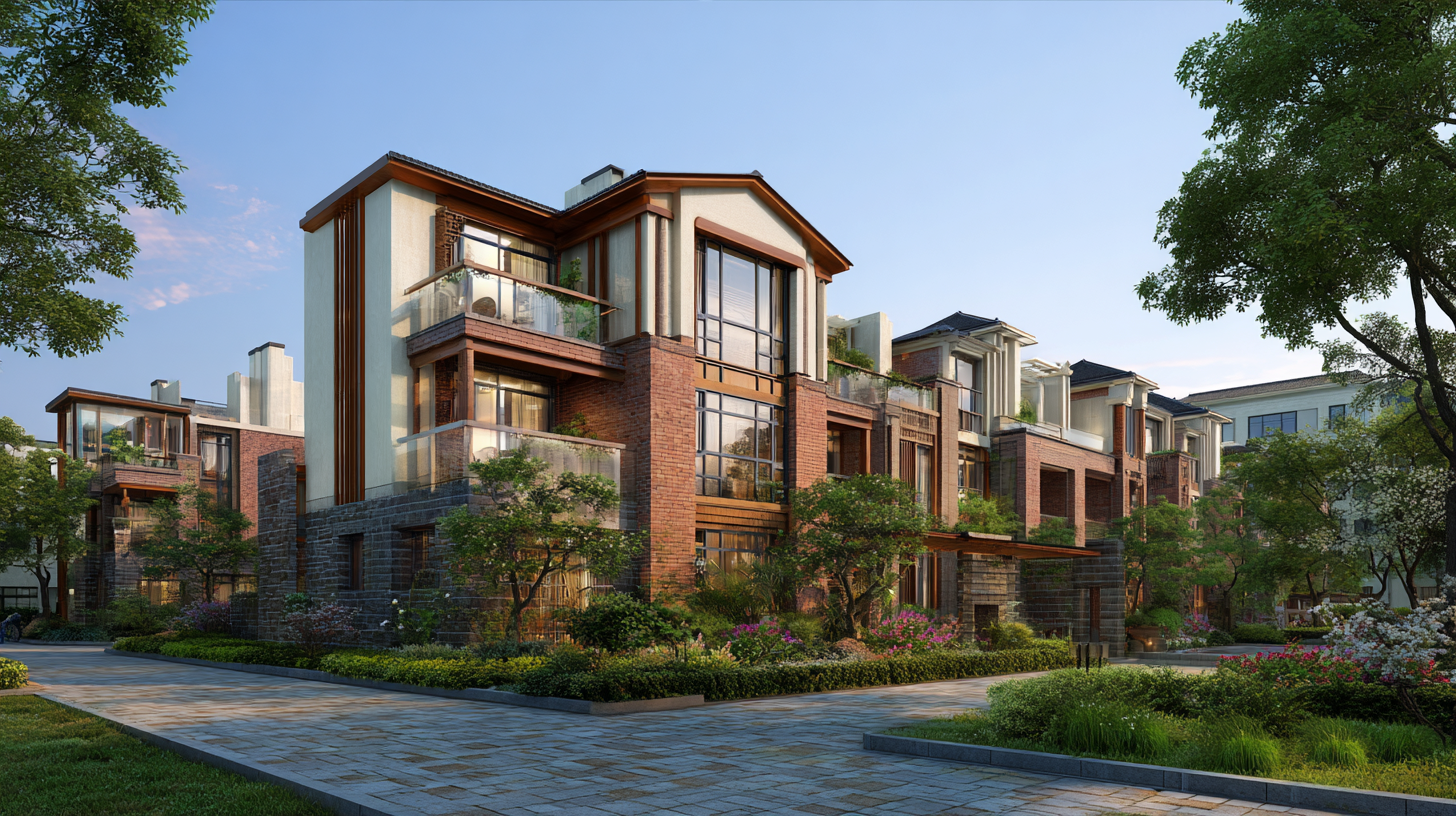
As the real estate market grows increasingly competitive, the adoption of VR at this fair marks a significant step forward. By allowing potential buyers to "walk through" homes from anywhere in the world, real estate companies can expand their reach and appeal to a broader audience. This immersive experience not only enhances the buyer's journey but also provides developers and agents with powerful tools to effectively communicate and illustrate their visions, ultimately transforming the real estate landscape in a rapidly digitizing world.
Case Studies: Successful Implementation of 3D Solutions in Real Estate
The integration of innovative 3D house rendering solutions is reshaping the real estate landscape, as evidenced by several successful case studies. One notable example is a luxury apartment complex in Shanghai that utilized state-of-the-art 3D modeling to attract potential buyers. The virtual walkthroughs allowed clients to experience the space before its completion, significantly improving sales and elevating client engagement. By providing an immersive experience, the developers not only streamlined the decision-making process but also enhanced customer satisfaction.
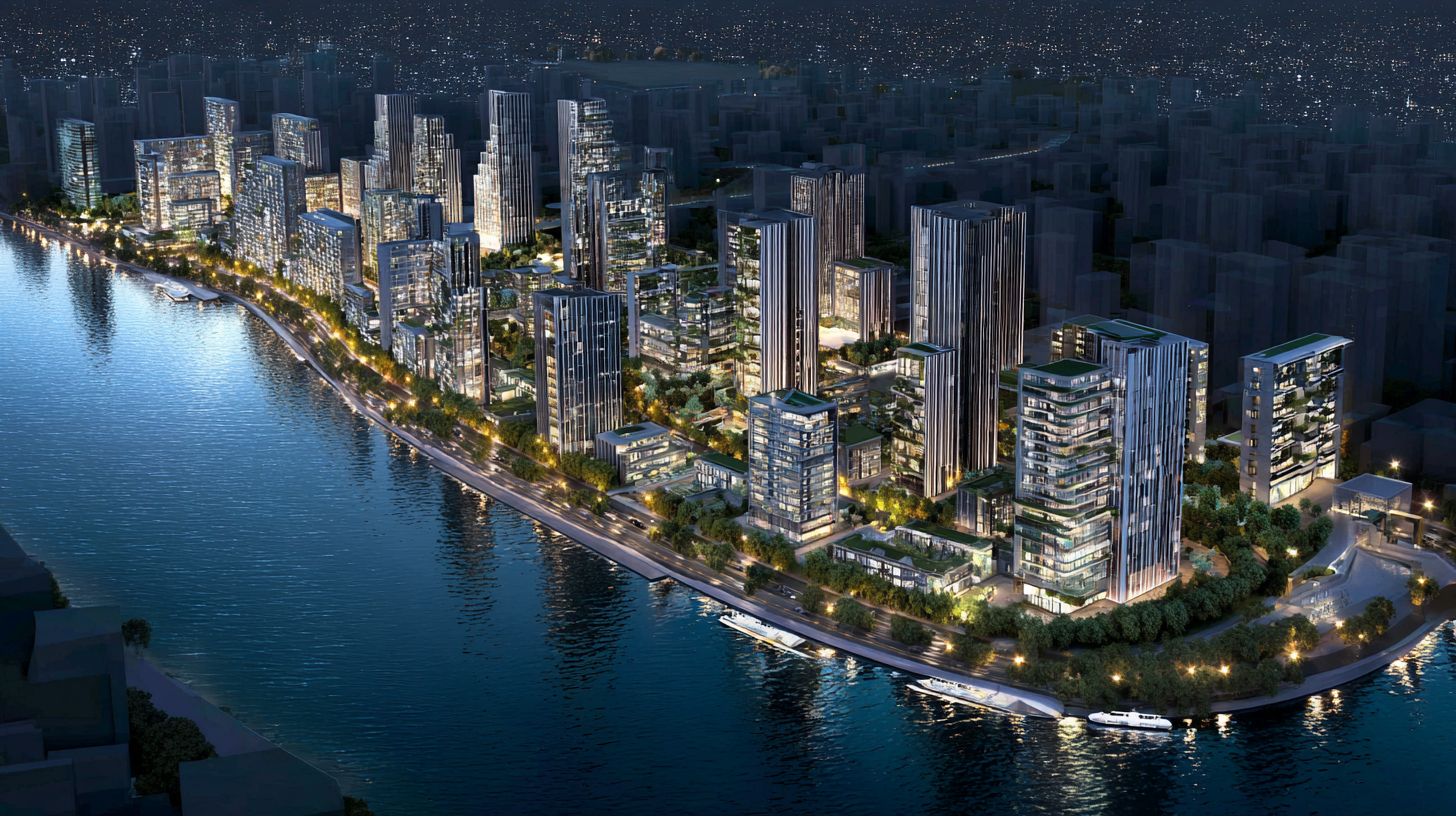
Another compelling case is a mid-range housing project in Guangzhou where 3D rendering helped visualize design concepts in real-time. This approach facilitated collaboration between architects and stakeholders, ensuring that the final product aligned closely with client expectations. The incorporation of virtual reality tools allowed clients to interact with different layouts and materials, ultimately leading to a more personalized home-buying experience. These examples illustrate how the application of 3D solutions is not merely a futuristic concept but a practical approach that is already yielding remarkable results in the real estate sector.
Future Trends: The Role of 3D Rendering in Sustainable Housing Development
The integration of 3D rendering technology into the real estate sector is poised to significantly impact sustainable housing development. According to a report by Grand View Research, the global 3D rendering market is expected to reach $7.5 billion by 2025, driven by the increasing demand for realistic visualizations in architectural design and marketing. This technology not only enhances the marketing of new housing developments but also aids architects and builders in visualizing sustainable designs before construction begins.
Moreover, 3D rendering techniques allow for more efficient design iterations that can incorporate eco-friendly materials and innovative energy-efficient solutions. A report from McKinsey & Company highlights that adopting advanced design technologies can cut construction costs by up to 20%, emphasizing the economic benefits of sustainable building practices. As the 2025 China Import and Export Fair showcases innovative solutions, the role of 3D rendering in promoting not just aesthetic appeal but also environmental responsibility will be a crucial focal point for the future of real estate development.
2025 Trends in 3D Rendering for Sustainable Housing Development
Related Posts
-
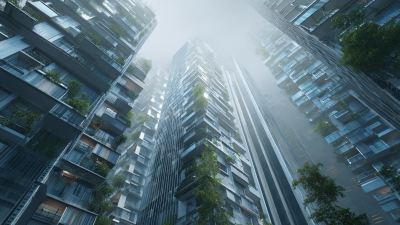
Ultimate Checklist for Selecting the Best Architectural Animation Services for Your Projects
-
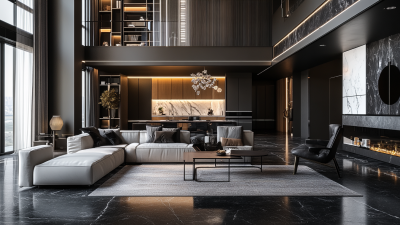
Top 10 3D Interior Rendering Manufacturers from China at the 137th Canton Fair
-

5 Key Benefits of 3D Home Rendering for Your Next Construction Project
-
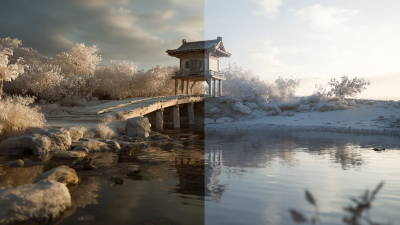
How to Transform Your Visuals with AI 3D Rendering Techniques
-

Your Ultimate Guide to 3D Architectural Rendering Techniques for Stunning Visuals
-
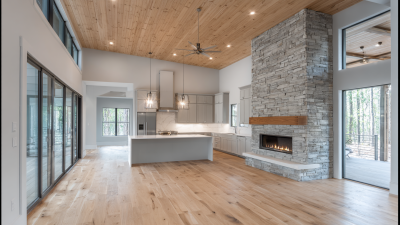
The Ultimate Guide to Mastering 3D Home Rendering Techniques for Stunning Real Estate Visuals


